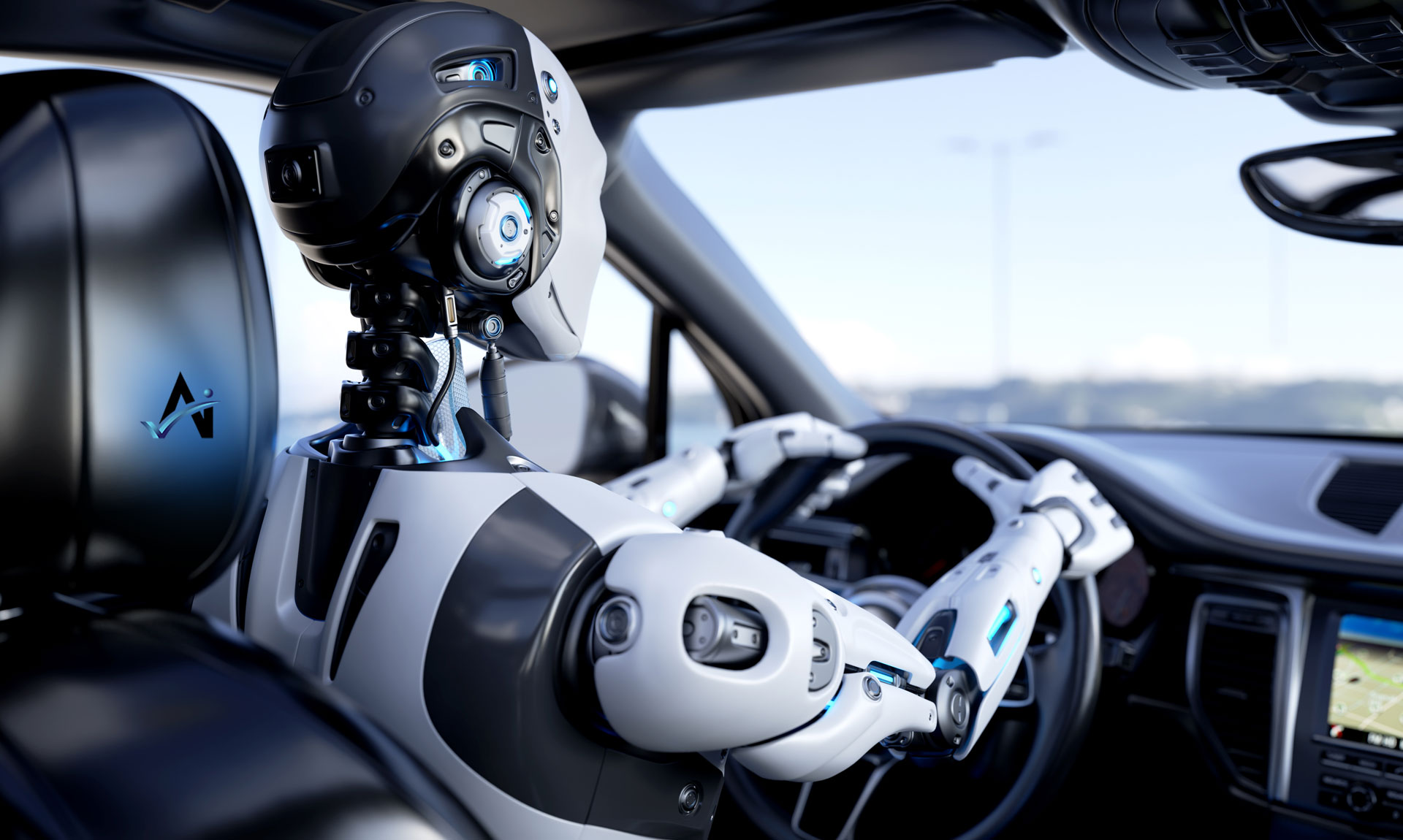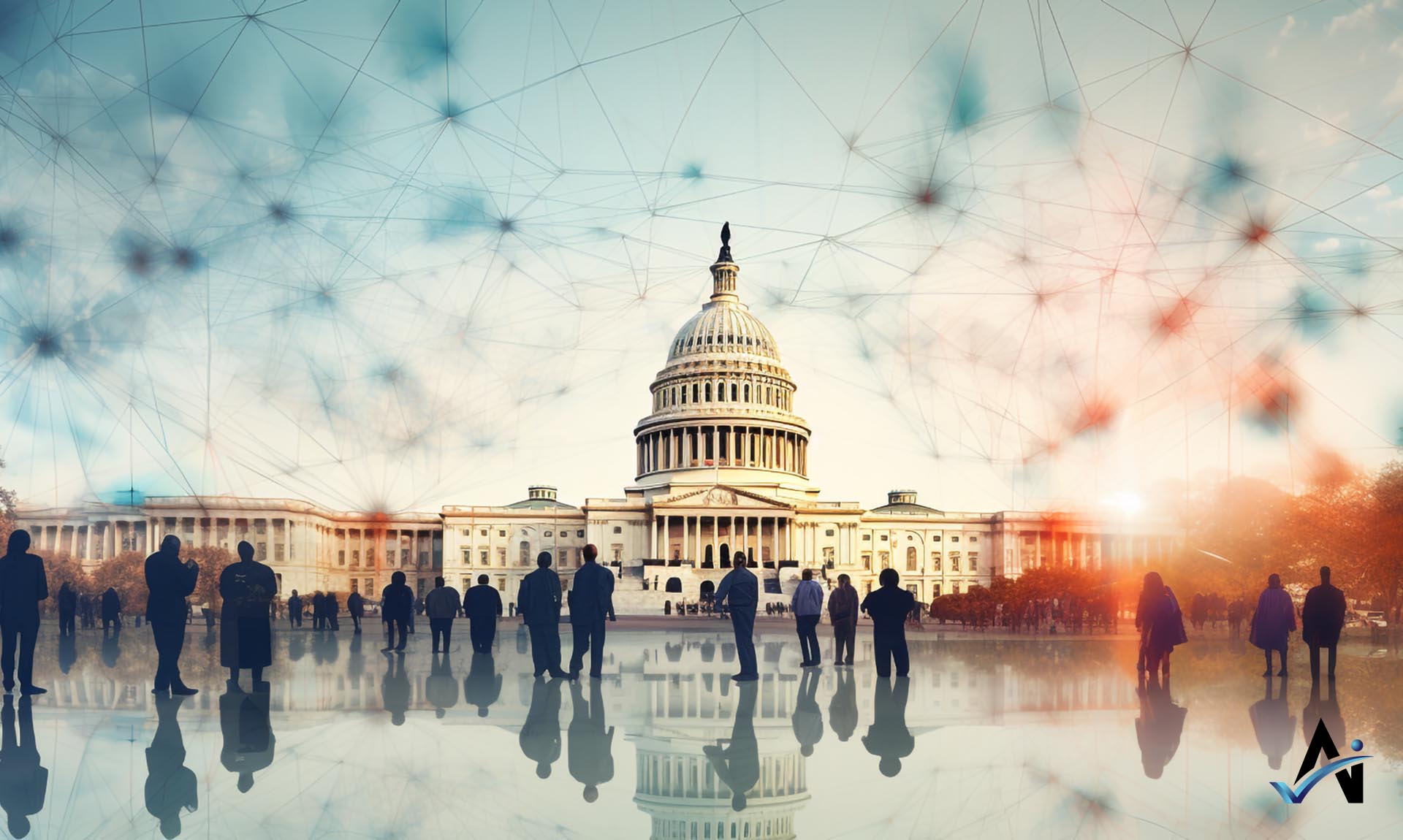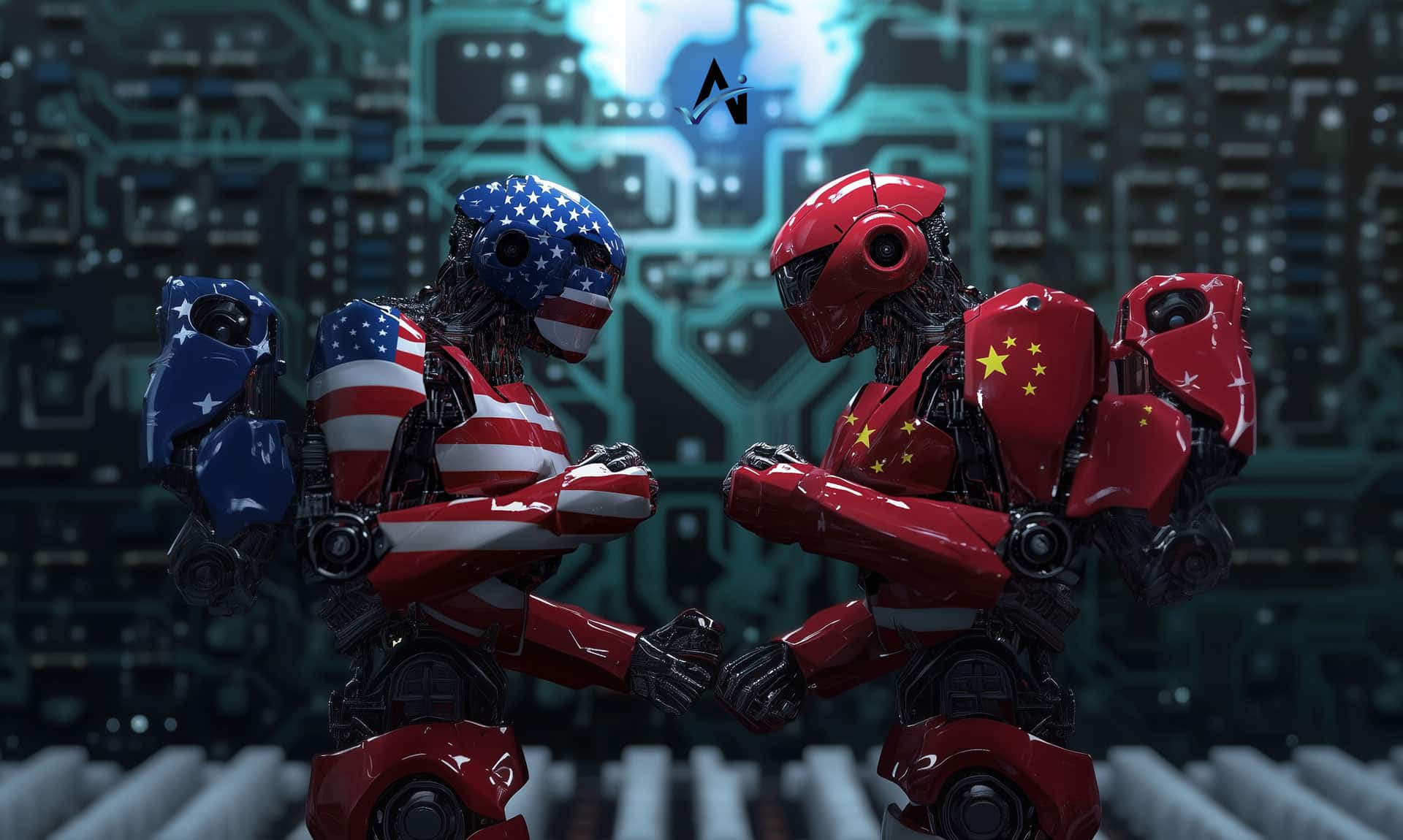Vroom Vroom: Driving into the Future
The automotive industry is undergoing a profound transformation, driven by advancements in Artificial Intelligence (AI) and machine learning. These technologies are set to revolutionize the way we drive, making transportation safer, more efficient, and increasingly autonomous.
Autonomous Vehicles
AI is at the forefront of the development of autonomous vehicles. Self-driving cars rely on AI algorithms to process data from sensors, cameras, and lidar systems. These algorithms enable the vehicle to navigate, make decisions, and respond to changing road conditions in real-time, reducing the need for human intervention.
Enhanced Safety
One of the primary goals of AI in driving is to enhance safety. AI-driven systems can monitor the vehicle’s surroundings more effectively than human drivers, identifying potential hazards and reacting faster to prevent accidents. Features like adaptive cruise control, lane-keeping assist, and automated emergency braking are already improving road safety.
Traffic Management
AI can optimize traffic management by analyzing real-time data from connected vehicles and traffic sensors. This allows for dynamic traffic signal adjustments, route optimization, and congestion reduction. Smart traffic systems powered by AI can minimize traffic jams and improve the flow of vehicles.
Predictive Maintenance
AI is transforming vehicle maintenance through predictive analytics. Sensors and AI algorithms can monitor a vehicle’s condition and predict when maintenance is needed. This proactive approach reduces breakdowns, extends vehicle lifespan, and lowers maintenance costs.
Personalized Driving Experience
AI can tailor the driving experience to individual preferences. From adjusting seat positions to optimizing climate control and entertainment systems, AI-powered vehicles can provide a personalized environment for each driver and passenger.
Energy Efficiency
AI plays a crucial role in improving energy efficiency in electric and hybrid vehicles. Machine learning algorithms can optimize battery usage, regenerative braking, and power distribution, resulting in longer battery life and reduced energy consumption.
In-Car Virtual Assistants
AI-driven virtual assistants are becoming standard features in vehicles. These voice-activated AI systems can provide navigation assistance, answer questions, and control vehicle functions, enhancing the driver’s experience and reducing distractions.
Parking Assistance
AI-powered parking assistance systems can take control of parking maneuvers, making parking in tight spaces easier and more precise. Some vehicles are equipped with AI that can even find available parking spots and park the car autonomously.
Autonomous Delivery and Ride-Sharing
AI-driven autonomous vehicles are not limited to personal cars. They are also being employed for autonomous delivery services and ride-sharing platforms. Companies are developing self-driving delivery vehicles and robotaxis, potentially changing the landscape of transportation services.
Ethical Considerations
The widespread adoption of AI in driving raises ethical questions about liability, data privacy, and decision-making in critical situations. Addressing these ethical concerns will be essential as AI continues to transform the driving experience.
The future of driving is becoming increasingly intertwined with AI technology. From self-driving cars to advanced safety features and personalized driving experiences, AI is revolutionizing the way we get from point A to point B. While there are challenges and ethical considerations to overcome, the potential benefits in terms of safety, efficiency, and convenience are immense. As AI continues to evolve, so too will the way we drive, creating a transportation landscape that is smarter, safer, and more efficient.
latest video
Get Our Newsletter
Never miss an insight!






